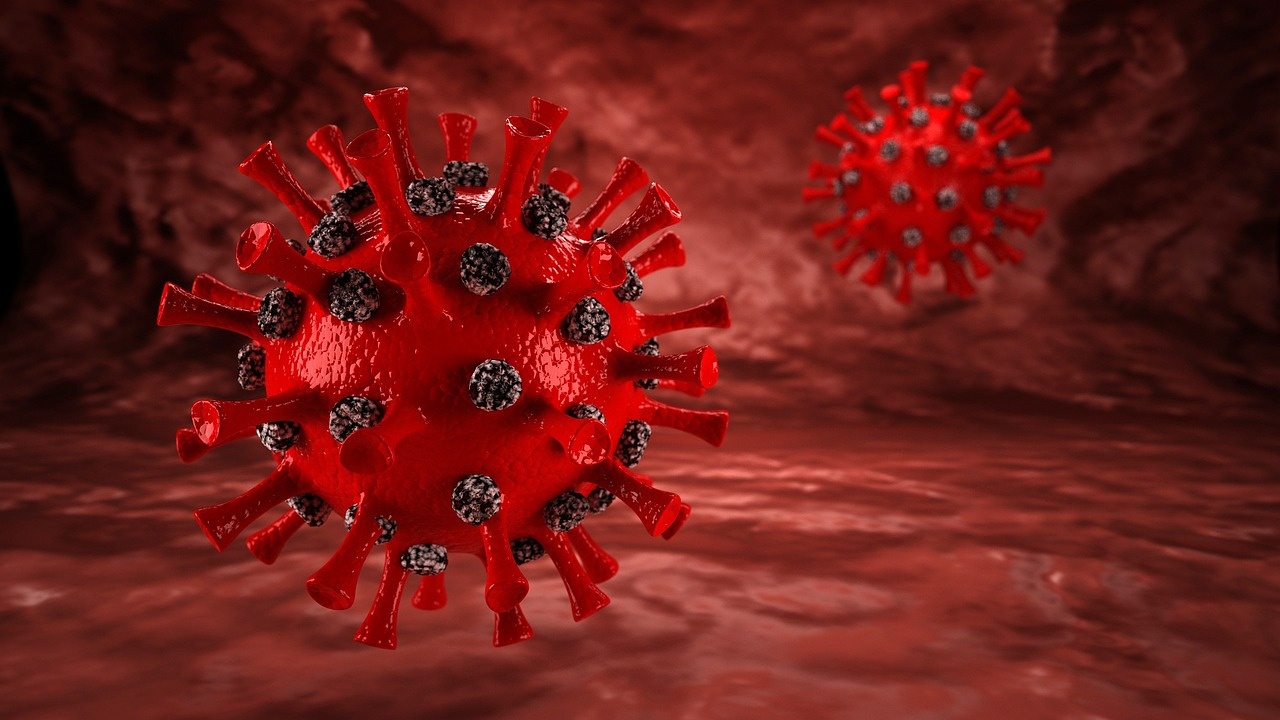Long exposure to polluted air is associated with an increased risk of developing severe COVID-19 infection and even death, a study by researchers led by the Institute of Global Health in Barcelona, Spain, found.
Everything on the topic:
Omicron - the novel coronavirus variant 1140
The study, published in Nature Communications, is based on health data from four million people in Catalonia in 2020, when the autonomous region had the most cases of the new coronavirus.
The researchers determined the annual average levels of fine particulate matter (PM2.5, nitrogen dioxide (NO2), black carbon (BC) and ozone in the residential areas of each of the study participants. Data were also collected on severe COVID-19 cases in 2020, with a number of hospitalizations and resuscitation accommodation, length of hospital stay and infection-related deaths. Analysis of the data shows that That exposure to elevated levels of fine particulate matter was associated with a 19 percent increase in hospitalizations, increased nitrogen dioxide exposure was associated with a 42 percent increase in resuscitation placement, and increased levels of black carbon in the air were associated with a 6 percent increase in deaths.
The results point to the importance of reducing air pollution levels to improve the overall health of the population and in particular to reduce the incidence of severe and acute respiratory infections, said Ottavio Ranzani of the Institute of Global Health in Barcelona and lead author of the study.
Omicron - the new coronavirus variant
